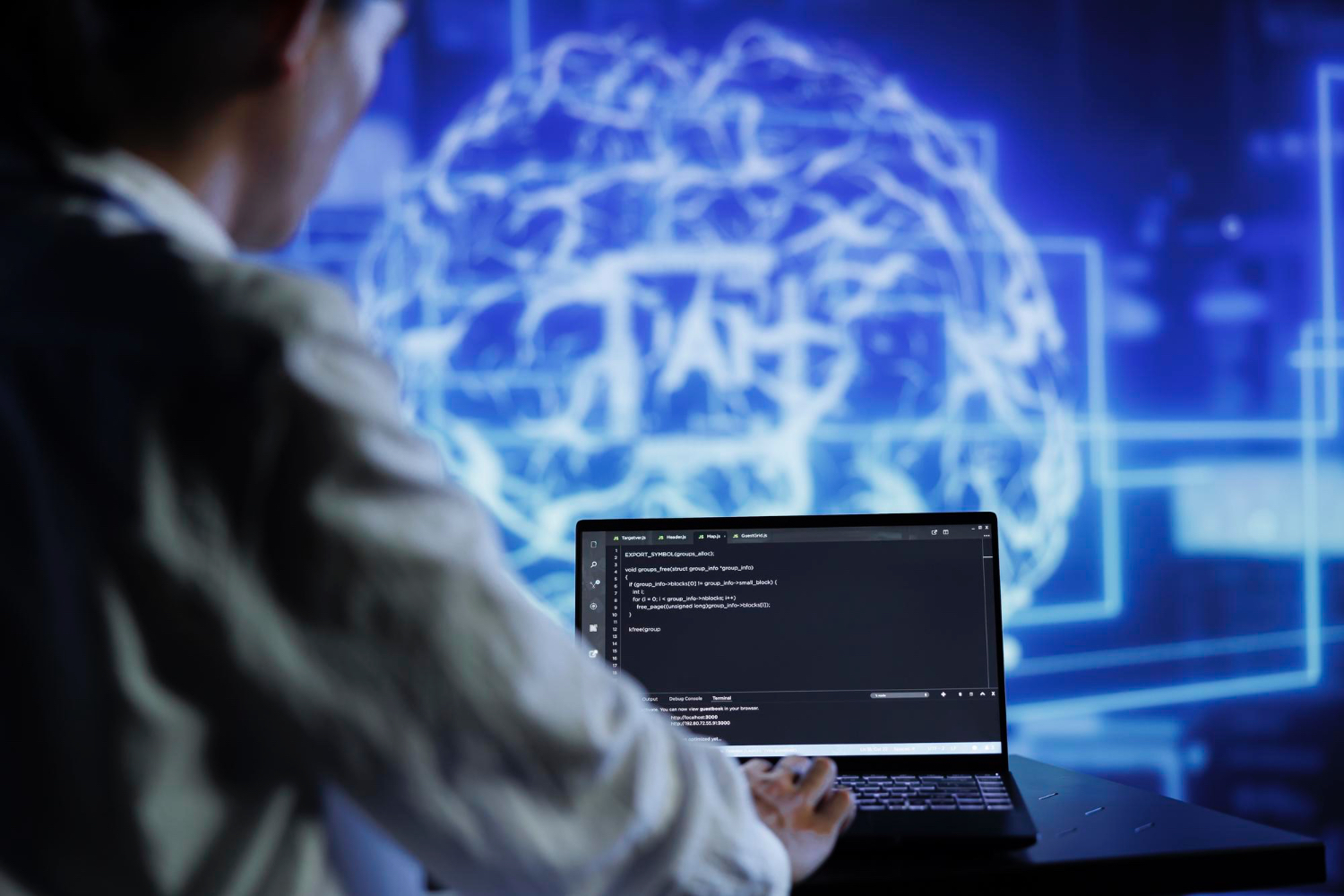Since technologies like ChatGPT have become more popular, the phrase “Artificial Intelligence” (AI) is often thrown around to describe tools that aren’t as sophisticated as many believe. Sure, ChatGPT can whip up coherent text, but it’s not an AI that can tackle complex problems. Here’s why it’s crucial to keep this in mind.
1. ChatGPT: A Language Model, Not General AI
ChatGPT is built on a language model that predicts the next word in a sentence based on what’s come before. It doesn’t truly grasp the concepts or information it’s working with. Unlike general AI, which would have the ability to think, reason, and solve intricate problems on its own, ChatGPT relies on statistical patterns found in massive datasets. It doesn’t have consciousness, a deep understanding, or the capacity to reason like a human being.
2. Limitations of ChatGPT in Solving Complex Problems
While ChatGPT can help with straightforward questions or offer suggestions, it often stumbles when faced with tasks that need a deeper contextual grasp, logical reasoning, or advanced analytical skills. For instance:
- Complex Mathematical Problems: ChatGPT might make mistakes in calculations or fail to grasp the steps needed to solve a challenging math problem.
- Contextual Understanding: It can struggle to keep track of a complex context over several paragraphs or maintain coherence in lengthy discussions.
- Logical Decision-Making: When it comes to making decisions that require logical analysis or ethical considerations, ChatGPT lacks the ability to think critically or weigh options in a meaningful way.
3. The Term “AI”: A Misnomer?
Referring to ChatGPT and similar language models as “Artificial Intelligence” can be misleading. These tools are better described as examples of “machine learning” or “deep learning,” but they don’t possess “intelligence” in the human sense. The term “intelligence” suggests an ability to understand, learn, reason, and adapt independently—traits that ChatGPT simply doesn’t have.
4. Why This Distinction Matters
It’s really important to understand the difference between what models like ChatGPT actually are and what they aren’t. The idea that these tools are AIs capable of tackling complex problems can set us up for unrealistic expectations and an over-dependence on technologies that aren’t built to make critical decisions or solve problems on their own.
In summary, while ChatGPT is a powerful asset for certain tasks, we shouldn’t mistake it for a true artificial intelligence that can handle complex issues. The term “AI” often gets thrown around to describe technologies that are, in truth, just sophisticated applications of machine learning, lacking any real ability for independent thought or reasoning. To tackle complex problems, we still need to turn to more traditional methods or genuinely intelligent systems, which, for now, only exist in the world of research and future possibilities.







